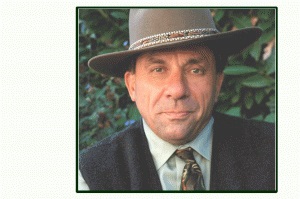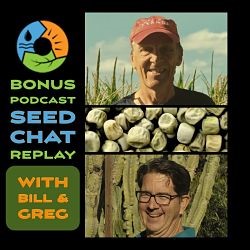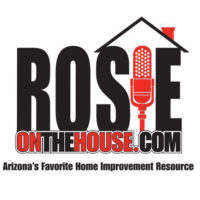
890: Mike Bollinger on Seed Savers Exchange
Greg interviews Mike Bollinger, the Executive Director of Seed Savers Exchange, discussing his journey and work there. Mike shares his path from running a certified organic vegetable farm, to being involved with Seed Savers Exchange in various capacities since 2003. They delve into the history and mission of the organization on its 50th anniversary, which started in 1975 by Diane and Kent Whaley. Seed Savers Exchange focuses on preserving heirloom and open-pollinated seeds by fostering a community of gardeners dedicated to saving and sharing seeds. Mike explains the various initiatives, including their Exchange platform, seed bank, catalog, online store, and educational programs. They also explore the significance of seed diversity for food security and adaptability. Mike highlights their efforts to engage urban gardeners and the broader community, and shares a touching story about the preservation of Glen Goodall’s Italian Bean. They conclude with Mike’s reflections on community, biodiversity, and his belief in the power of growing food with intention.








